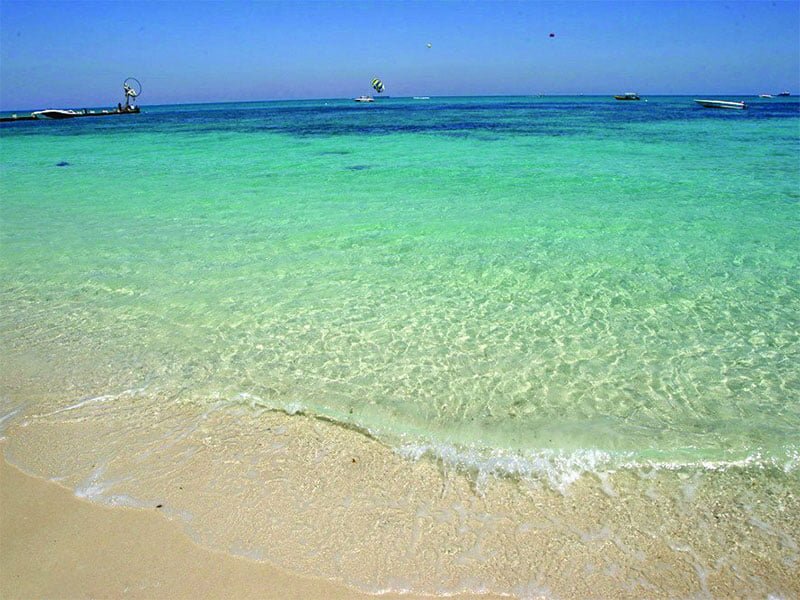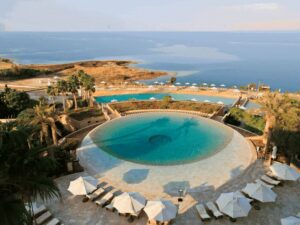
The Persian Gulf stands as a pivotal region in the realm of geopolitics and economics, holding both historical significance and contemporary relevance. Bordered by Iran to the northeast and the Arabian Peninsula to the southwest, this mediterranean sea has been a focal point of global attention for various reasons.
Persian Gulf Geopolitical Importance
The geopolitical dynamics of the Persian Gulf have been shaped by the strategic positioning of its surrounding nations. Countries like Saudi Arabia, Kuwait, Bahrain, Qatar, the United Arab Emirates, and Oman share its coastline, making the region a nexus of cultural, political, and economic interactions. Iran, as a major player in the area, contributes to the geopolitical complexities.
Oil Reserves and Economic Significance
Perhaps most notably, the Persian Gulf is renowned for its vast oil reserves. The region holds some of the world’s largest proven oil reserves, making it a crucial player in global energy markets. Nations along the Gulf have built their economies on oil exports, contributing significantly to the overall wealth of the region. The discovery of oil in the mid-20th century transformed the Gulf states from relatively modest economies to major players on the world stage.
The Strait of Hormuz
One of the defining features of the Persian Gulf is the Strait of Hormuz, a narrow passage connecting it to the Gulf of Oman. This strait is a vital waterway for global oil transportation, with a significant portion of the world’s oil passing through its narrow confines. Consequently, any disruptions in this critical passage can have far-reaching implications for international energy markets and trade.
Persian Gulf Historical Significance
The Persian Gulf has a rich history, dating back to ancient times. It has been a center for trade and cultural exchange, with civilizations such as the Sumerians, Babylonians, and Persians leaving their mark on the region. The historical significance of the Gulf continues to influence its contemporary dynamics, shaping the identities and aspirations of the nations that call its shores home.
In conclusion, the Persian Gulf is more than just a body of water; it is a complex and dynamic region with far-reaching implications for global affairs. Its geopolitical importance, economic contributions through oil reserves, the strategic Strait of Hormuz, and rich historical legacy all contribute to making the Persian Gulf a focal point on the world stage. Understanding the intricacies of this region is crucial for comprehending the broader tapestry of international relations and economic dynamics.
What are the 7 countries on the Persian Gulf
The countries bordering the Persian Gulf are Iran, Iraq, Kuwait, Saudi Arabia, Bahrain, Qatar, and the United Arab Emirates.
What is the Persian Gulf known for
The Persian Gulf is known for its vast oil reserves, making it a significant player in global energy markets. Additionally, the region has historical importance, being a center for trade and cultural exchange.
Is it Arabian Gulf or Persian
The naming of the body of water is a matter of geopolitical dispute. While some Arab states prefer to call it the Arabian Gulf, the internationally recognized name is the Persian Gulf.
What countries make up the Persian Gulf
The countries surrounding the Persian Gulf are Iran, Iraq, Kuwait, Saudi Arabia, Bahrain, Qatar, and the United Arab Emirates.
What sharks are in the Persian Gulf? Sharks found in the Persian Gulf include the Arabian carpetshark, the Arabian smoothhound shark, and the blacktip shark, among others.
What is the most famous Gulf
The Persian Gulf is arguably the most famous gulf due to its geopolitical and economic significance, especially in the context of global oil reserves.
What are the 5 largest gulfs in the world
The five largest gulfs in the world, based on size, are the Gulf of Mexico, the Hudson Bay, the Arabian Sea, the Bay of Bengal, and the Gulf of Carpentaria.
Why is the Gulf so important
The Persian Gulf is crucial for several reasons, including its vast oil reserves, strategic location for global trade through the Strait of Hormuz, and historical significance as a center for cultural exchange and trade.
Why is the Gulf so important
The importance of the Persian Gulf lies in its economic contributions through oil reserves, its geopolitical significance due to its strategic location, and its historical role as a hub for trade and cultural exchange. The region’s impact on global energy markets and international relations underscores its importance on the world stage.
You may also like
No related posts.





